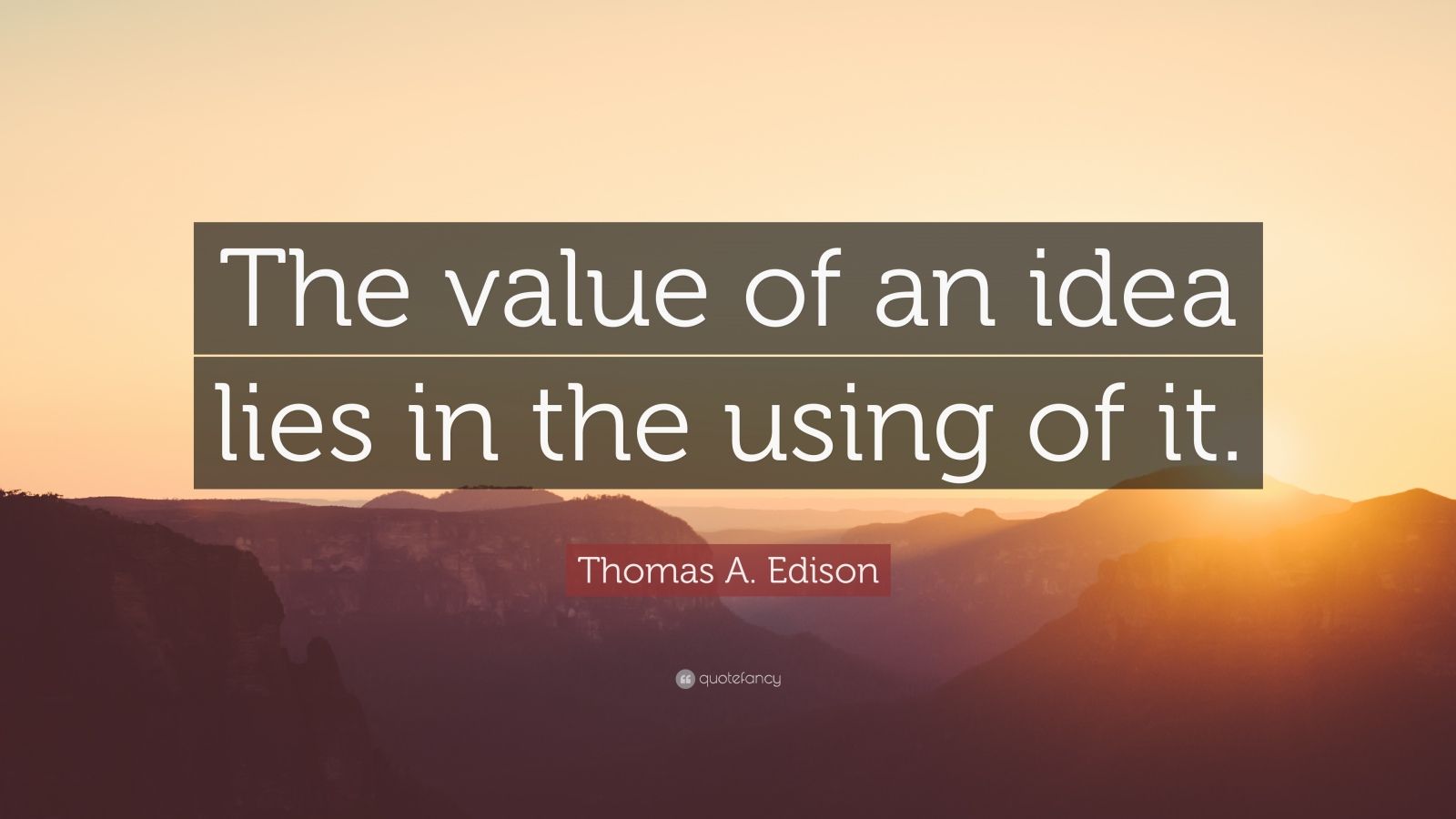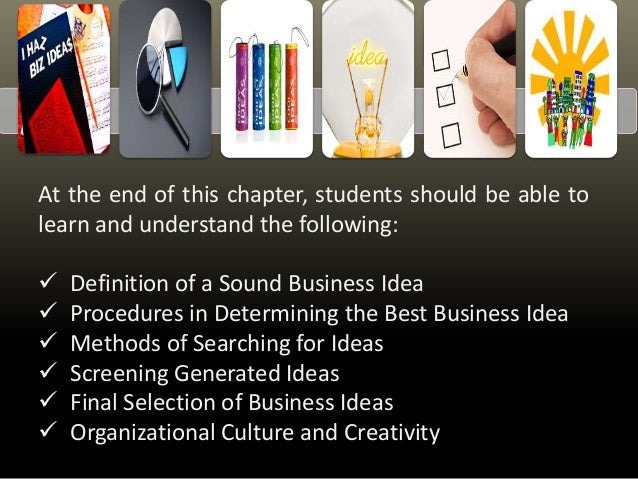What Is An Idea That Is Worth A Business

In a world saturated with entrepreneurial aspirations, the question of what constitutes a business-worthy idea remains a persistent and often elusive pursuit. Launching a successful venture requires more than just a spark of creativity; it demands a confluence of factors, including market demand, feasibility, and a sustainable competitive advantage.
This article delves into the key attributes of an idea that has the potential to translate into a viable business, examining the elements that separate a fleeting thought from a long-term, thriving enterprise.
Identifying a Problem & Offering a Solution
At the heart of every successful business idea lies the identification of a genuine problem or unmet need. This could range from a widespread inconvenience to a specific pain point experienced by a particular demographic.
The crucial next step is formulating a solution that is not only effective but also differentiated from existing alternatives. According to a report by the Small Business Administration (SBA), many successful startups identified a market gap overlooked by established players.
Understanding the target market and their needs is paramount, this ensures that the solution resonates with potential customers, according to the U.S. Chamber of Commerce.
Assessing Market Demand & Scalability
A compelling idea without a viable market is a non-starter. Thorough market research is essential to determine the potential customer base, the size of the addressable market, and the prevailing competitive landscape.
Scalability, the ability to expand operations without proportionally increasing costs, is another crucial factor. Businesses with scalable models, such as software-as-a-service (SaaS) or e-commerce platforms, often exhibit higher growth potential.
According to Forbes, ventures that are designed for rapid growth are more attractive to investors and tend to have a higher success rate.
Evaluating Feasibility & Sustainability
While an idea may be innovative and address a market need, its feasibility is paramount. This involves considering the resources required, including capital, expertise, and infrastructure.
Sustainability extends beyond environmental concerns; it encompasses the long-term viability of the business model. Factors such as competitive pressures, regulatory changes, and technological disruptions can all impact sustainability.
The Harvard Business Review emphasizes the importance of a clear value proposition and a defensible competitive advantage to maintain long-term sustainability.
Embracing Innovation & Adaptability
In today's rapidly evolving business environment, innovation and adaptability are key differentiators. An idea that is novel and offers a significant improvement over existing solutions has a greater chance of success.
Furthermore, the ability to adapt to changing market conditions and customer preferences is crucial for long-term survival. Businesses must be willing to iterate on their products, services, and business models to remain relevant.
A report by McKinsey & Company highlights the importance of agile methodologies and a culture of experimentation in fostering innovation and adaptability.
The Human Element: Passion & Perseverance
Beyond the technical and financial aspects, the passion and perseverance of the founder(s) play a critical role in determining the success of a business idea. The entrepreneurial journey is often fraught with challenges, and a strong commitment to the vision is essential to overcome obstacles.
Entrepreneurs like Elon Musk and Steve Jobs demonstrate that passion and a relentless pursuit of excellence are key ingredients for groundbreaking achievements.
Ultimately, a business-worthy idea is one that resonates with the founder's personal values and inspires them to dedicate the time and effort required to bring it to fruition.
Conclusion
Identifying a business-worthy idea is a complex process that involves a combination of market analysis, feasibility assessment, and entrepreneurial grit. While there is no foolproof formula, focusing on solving real problems, understanding market demand, and building a sustainable and scalable business model are essential steps.
By embracing innovation, adaptability, and a unwavering commitment to their vision, entrepreneurs can transform their ideas into thriving businesses that create value for customers and contribute to the economy.

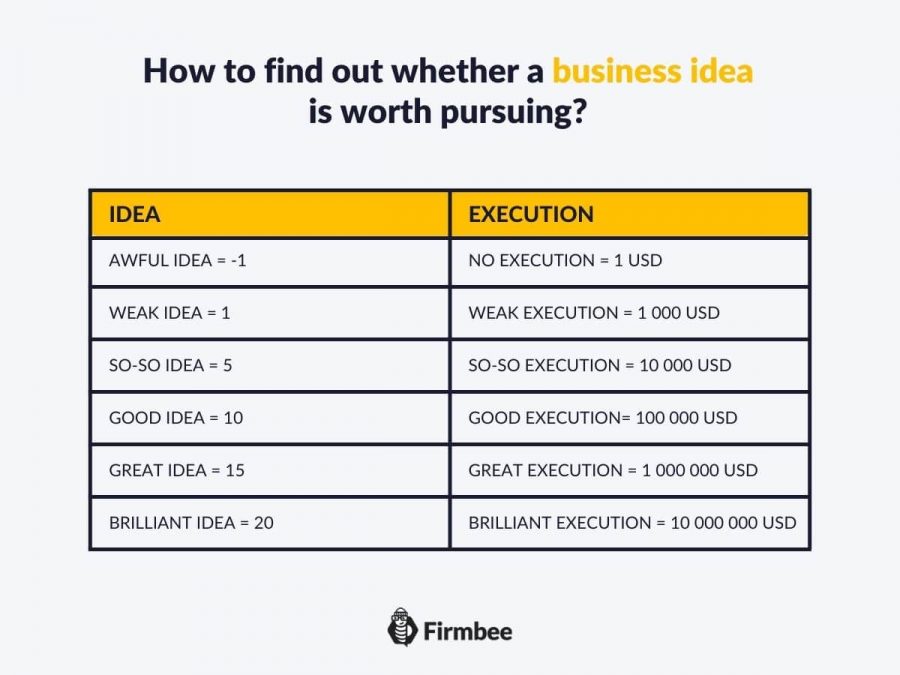


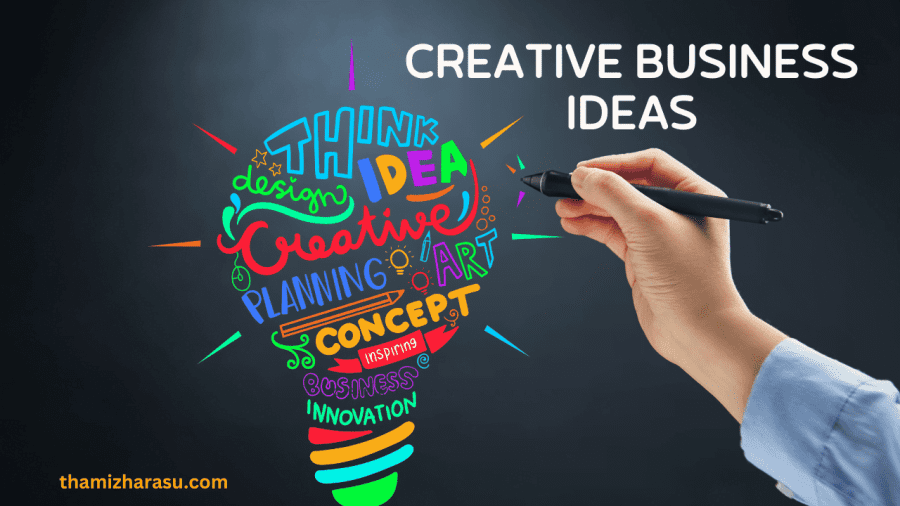




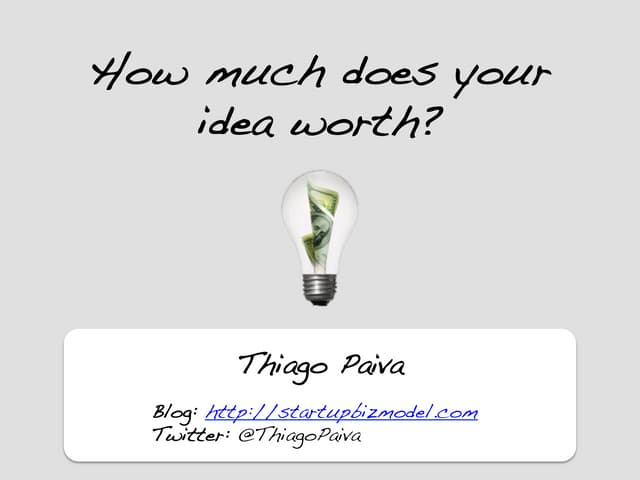

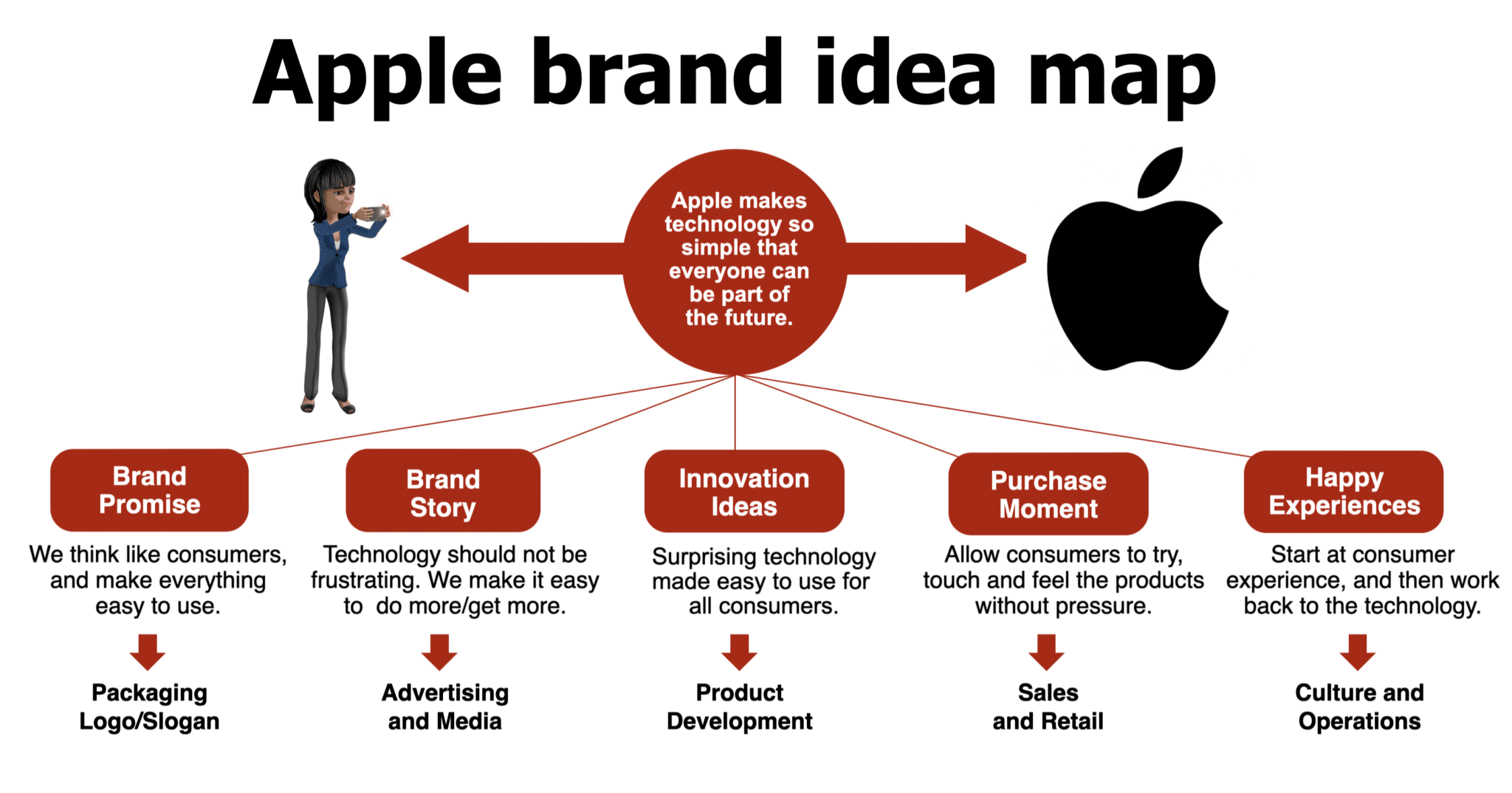
![What Is An Idea That Is Worth A Business 18 Most Successful Small Business Ideas [2024 ] – Feedough](https://www.feedough.com/wp-content/uploads/2023/01/small-business-ideas-1024x576.webp)
